“When the people quit voting for their enemies and stop crucifying their saviors …”
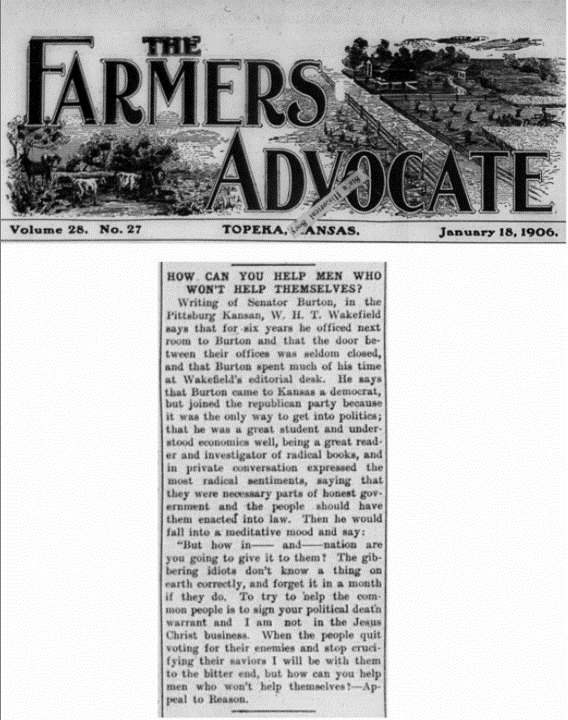
Thanks to NFU historian, Tom Giessel

Thanks to NFU historian, Tom Giessel
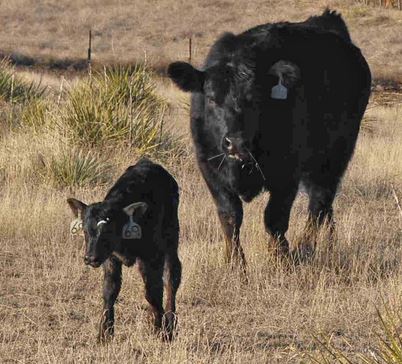
Cattle producers feed us, provide care for our animals, and good stewardship for our nation’s land, but only if they are allowed a fair share of the consumer dollar.
Key to the growth of the current meat monopoly has been the worship of bigger-is-better, and the misguided belief in the concept of economies of scale and efficiency. Corrupt and fearful lawmakers and lawmen, assisted by captured producer groups and university economists, have cleared and guarded the way, bowing to political and money power as the many firms became the few and the few became the ag and food monopolies of today that prey on the public.
With the government’s permission, the biggest players merged, bought out, and eliminated weaker rivals. Then, with so few companies remaining, they cooperated to manage the market in their favor, paying executives, shareholders, lobbyists, and bribes to members of Congress instead of producers and workers. Predictably, we now have bankrupting cattle prices, lower pay for workers, dangerous working conditions, a tired and strip-mined heartland, bare grocery shelves, and far fewer choices for consumers.
In the mid-1970s, when I entered the cattle business, there were many sellers and many buyers for livestock. The market was competitive, the industry was resilient and sustainable. The competitive market efficiently allocated 65% of the consumer beef dollar back to the producer. All sectors from ranch to retail, if well managed, could be profitable. Rural communities were alive with living incomes, water was drinkable, and the air was breathable.
Today, efficiency is a measure of how much the meatpacker/retailer cartel can steal. 31% more of the consumer dollar is going into the cartel’s pockets than a 1970s competitive market allowed. 31% of the current $4,026 retail value for the average finished steer or heifer equals $1,248 per head loss to the producer. With an annual cattle slaughter of 33 million head, the cattle industry is suffering a $41 billion annual loss. Instead of protecting the producer from anti-competitive practices, as the law intends, Ag Secretary, Sonny Perdue, on his way out, has rewritten the already pathetically weak rules giving meatpackers permission to steal even more.
Tyson/IBP, JBS, and Cargill cooperate with the major food retailers to control prices for cattle and beef.
When we lose our markets, we lose our freedom.
What if producers, instead of selling cattle to the big meatpackers, could market their beef directly to consumers? What if the consumer could buy higher quality, safer, locally produced beef at essentially the same prices they currently pay at the big box stores, keeping the money closer to home? What would be the impact on producers, workers, animal welfare, rural communities, and the environment?
What would rural America look like if competition could be restored and an additional $41 billion a year, just from the cattle industry alone, was circulated through our rural communities? What if, right now, we began building a new local/regional, small-to-medium-size, meat plant infrastructure parallel to the existing system, eventually replacing it, bringing the producer and consumer nearer to each other?
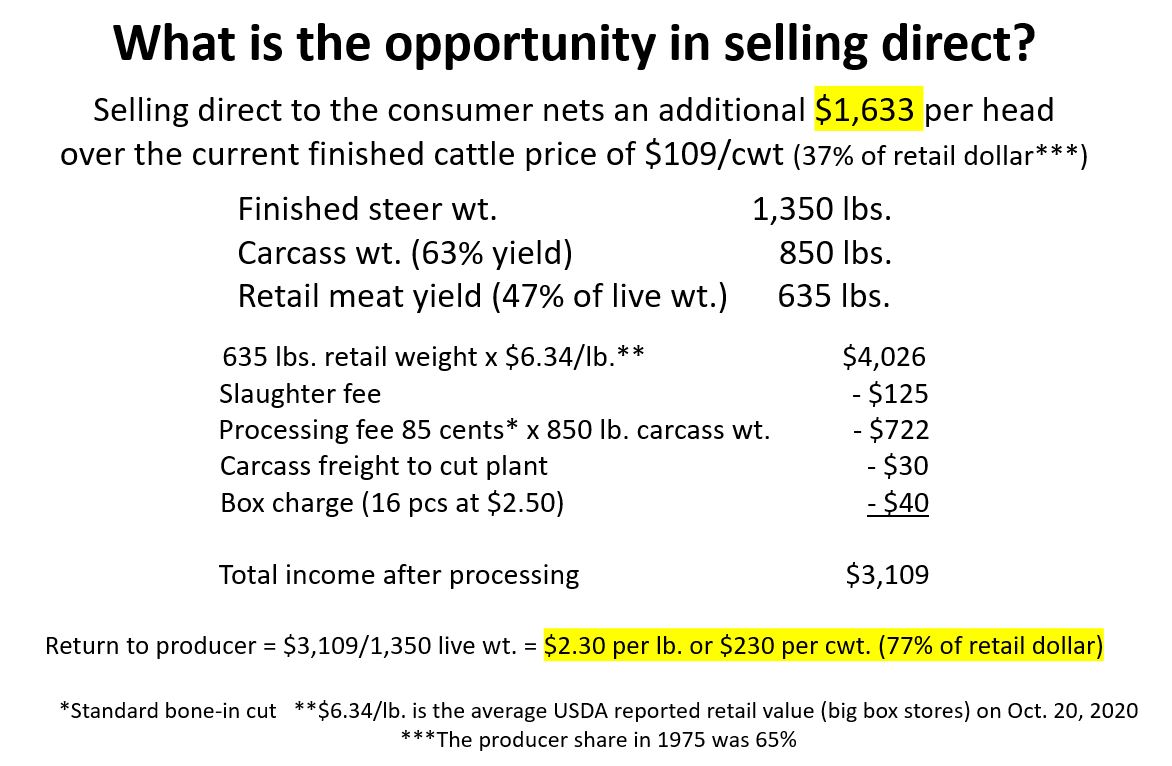 Note: The Current USDA reported Byproduct Drop Value of $123.79/head ($8.90/100 pounds live wt (1,391 lbs.)). for the hide, head, heart, liver, tongue, tail, etc.) is not included in the above calculation because small plants generally receive little to no value for the Drop (Offal). Many small plants are now composting or paying for the removal of slaughter waste, including the hides. Twenty years ago when I started Ranch Foods Direct the Drop Value credits were worth more than the kill cost.
Note: The Current USDA reported Byproduct Drop Value of $123.79/head ($8.90/100 pounds live wt (1,391 lbs.)). for the hide, head, heart, liver, tongue, tail, etc.) is not included in the above calculation because small plants generally receive little to no value for the Drop (Offal). Many small plants are now composting or paying for the removal of slaughter waste, including the hides. Twenty years ago when I started Ranch Foods Direct the Drop Value credits were worth more than the kill cost.
Throwing away perfectly good hides represents just another failure of the highly concentrated, centrally planned global meat industry – it’s wasteful and is disrespectful of the animal.
Stop the Stealin’ – Break em’ up and Build Back Better!
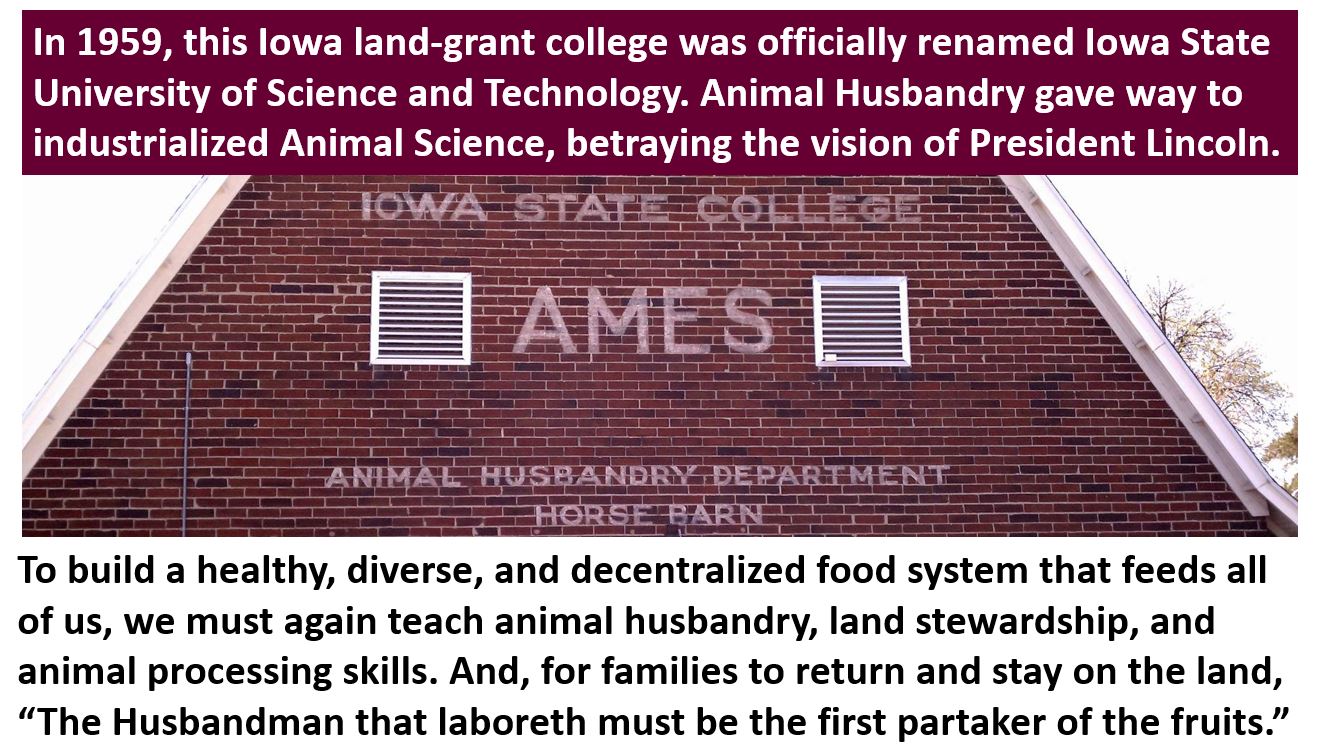
St. Paul’s instruction about the Husbandman as the first partaker of the fruits is cut in stone above the main entrance to the USDA building in Washington DC. Unfortunately, the people inside have ignored it.
Congress has betrayed the original USDA mission, leaving farmers bankrupt, land degraded, and people hungry.
On May 15, 1862, Abraham Lincoln signed into law an act of Congress establishing “at the seat of Government of the United States a Department of Agriculture.” Two and one-half years later, in what was to be his last annual message to the Congress, Lincoln said: “The Agricultural Department, under the supervision of its present energetic and faithful head, is rapidly commending itself to the great and vital interest it was created to advance. It is precisely the people’s Department, in which they feel more directly concerned than in any other. I commend it to the continued attention and fostering care of Congress.” –Lincoln’s Agricultural Legacy by Wayne D. Rasmussen
The following memo is from my notes nine months after attending the new administration’s Rural Summitt in June 2010. It was obvious by then the “people’s Department” under Vilsack remained the corporation’s Department and continues to be to this day.
From: Mike Callicrate
Sent: Friday, March 11, 2011 6:26 AM
Subject: Rural Summit – More of the same…the scriptwriter hasn’t changed.
I heard USDA Secretary Vilsack speak at the Rural Summit in Hillsboro, Missouri on June 3, 2010. The words were the same as Ann Veneman, Dan Glickman, Earl Butz, and any of the other Secretaries of Agriculture during the last 50 years.
A few of Vilsack’s main points follow:
The mobile slaughter trailer was on display just outside the main building to show what is now possible as a part of rebuilding local and regional food systems. Bill Weida, who is heading up the project, was reprimanded by a couple of USDA officials for bringing the slaughter unit. They said the Summit wasn’t supposed to be a trade show. Bill responded he and other members of the team had tried to contact USDA about displaying the trailer. There had been no response to the numerous phone calls and emails. Bill explained the construction of the unit was not for profit and in no way an attempt to make money or take unfair advantage of the Summit, only an attempt to show what was actually being accomplished. Bill reminded the officials of what USDA had said about the rebuilding of rural America – were they really serious?
As far as the trade show comment – big agribusiness was well represented from the main podium to the large audience.
Kathleen Merrigan and other USDA staff toured the slaughter unit and seemed to be impressed. However, Merrigan warned the photograph of her with the unit could not be published without her permission – which she did not give.
Mike Callicrate
Today, USDA is completely off mission. We’re at the mercy of a hand full of multinational corporations to eat. This food system catastrophe, although not as visible, is far bigger and more destructive than any natural disaster. The work to rebuild a new food infrastructure will take all of us working together.
Links from slideshow listed below:
Slide #17: https://meathaccp.wisc.edu/assets/beef_carcass_dry-aging.pdf
Slide #18: https://sites.google.com/site/communityfoodutility/
Slide #21:
Link 1: https://www.youtube.com/watch?v=yHX6Ejbk8O0&app=desktop
Link 2: https://nobull.mikecallicrate.com/2018/01/24/rotten-exposes-a-deeply-corrupt-and-broken-food-system/
Slide 25:
Link 2: https://nobull.mikecallicrate.com/2016/04/09/real-world-ranch-restoration/
Link 3: https://www.cargill.com/story/cargill-aims-to-beefup-sustainability
Link 4: https://www.cargill.com/2020/cargill-to-advance-regenerative-agriculture-practices-across-10
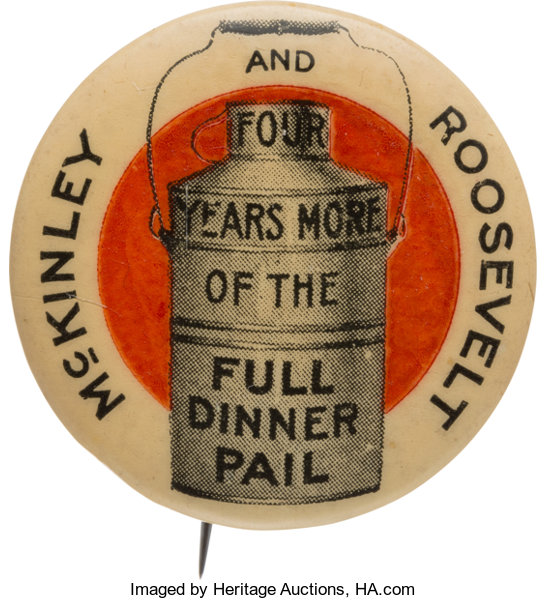
“… any man who is conversant with current conditions, knows that government, instead of being used for the benefit of the many, has been used for the benefit of the few; that by means of subtle legislation, the mass of the wealth which is produced by all, has been diverted into the possession of a very small minority of the people.”
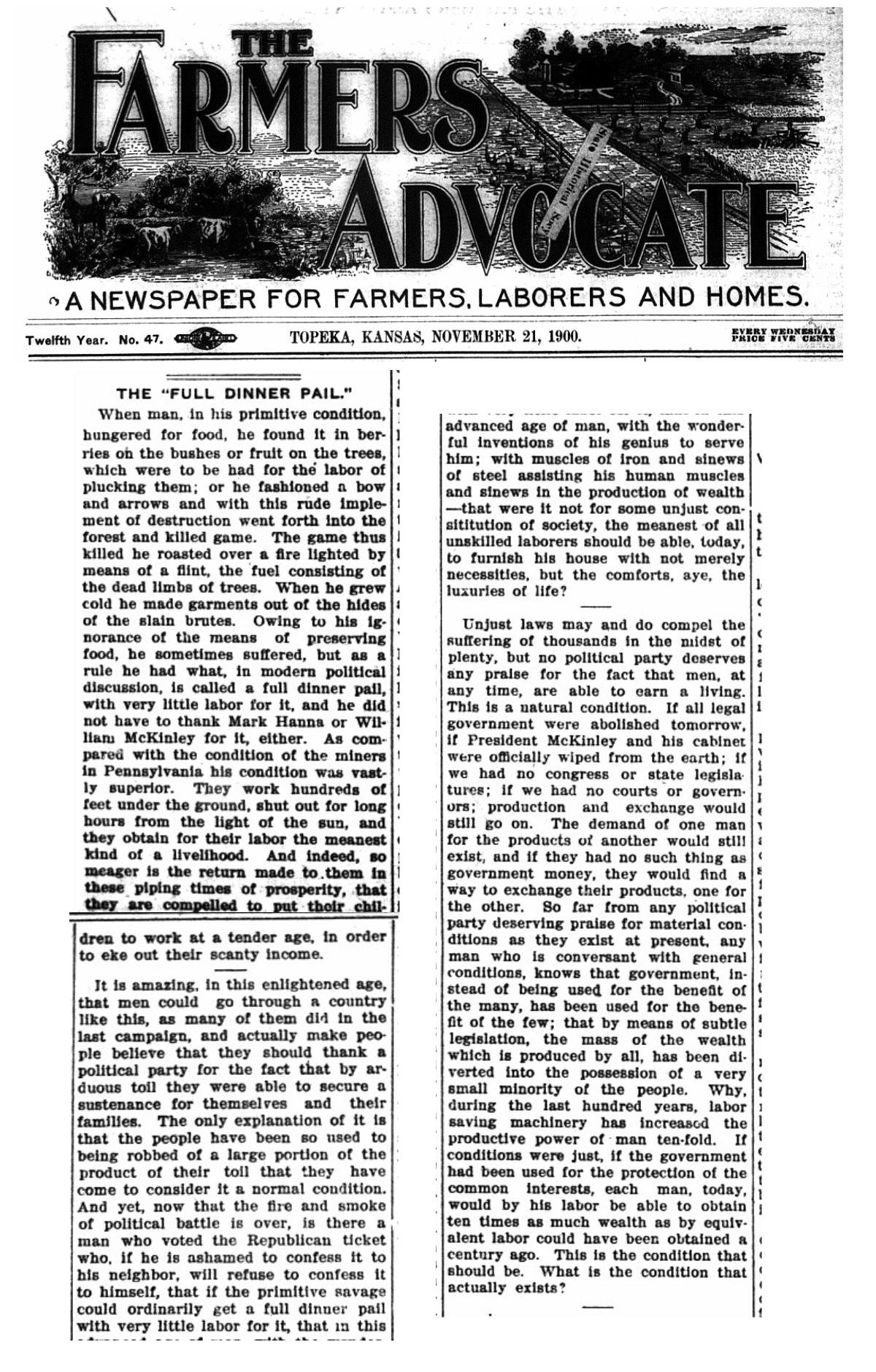
Thanks to NFU historian, Tom Giessel